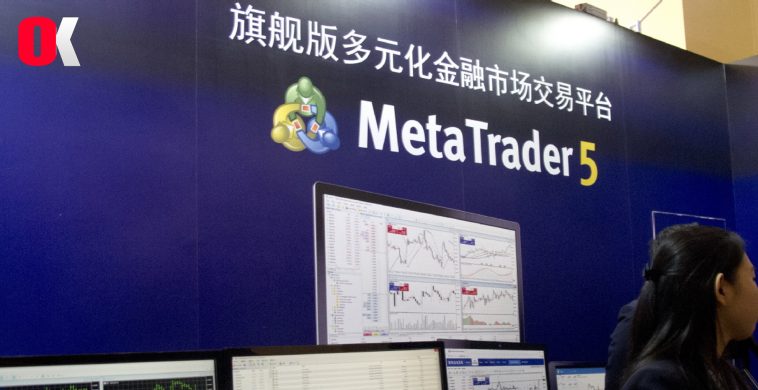China’s core force to boost the economy
The U.S. monetary stimulus measures are expected to be gradually reduced, with less market risk. Experts said on Wednesday that the gradual reduction in expectations of US monetary stimulus measures may have some spillover effects on China in the form of increased financial market volatility and slower capital inflows. But strong economic fundamentals will help cushion such risks.
They said that China’s strong economic recovery, good control of the COVID-19 epidemic. and relatively abundant policy space will help RMB-denominated assets to withstand the risks brought about by the end of the Fed’s quantitative easing program.
Wang Youxin, a senior researcher at Bank of China, said: “As the United States may withdraw from the quantitative easing policy. Furthermore, the domestic stock, foreign exchange and bond markets will all face risks.”
He said that any reduction in the size of the US quantitative easing program may disrupt investor sentiment and increase the volatility of the US stock market. Moreover, which may have a certain degree of repercussions in the domestic market.
Wang said that as the monetary environment tightens, U.S. bond yields and the U.S. dollar may rebound. Weakening the comparative advantage of the renminbi and Chinese bonds. However, leading to a slowdown in foreign capital inflows and fluctuations in the renminbi.
But China’s steady economic growth and resilient financial system will be able to withstand such risks. It expected that the economy will achieve more than 8% economic growth this year and continue to exceed global levels. Providing a strong buffer against external shocks, Wang said .
Relatively ample policy space will be another stabilizer for RMB assets.
Wang added that China’s macro leverage ratio has fallen for two consecutive quarters. While the level of government debt is much lower than that of many advanced economies.
Tony Sycamore, a UK-based trading service provider and Asia Pacific analyst for City Index. A subsidiary of Jiasheng, said that he expects the RMB to continue to be supported by factors. Such as interest rate differences and strong economic fundamentals.
Sycamore said that the Chinese authorities have controlled the COVID-19 epidemic to a large extent and avoided huge fiscal deficits. Thereby supporting the economy and the outlook for the renminbi.
He said that China’s economy has achieved an “incredibly rapid recovery”. Its GDP expected to grow by nearly 10% this year, and then slow to around 5.5% to 6% next year.
After the US economy rebounded strongly and pushed up the price level. People’s expectations that the Fed might begin to reduce quantitative easing in the next few quarters rose, possibly at the end of this year or early 2022.
After the Fed’s April meeting hinted that it might start discussing the possibility of adjusting the pace of asset purchases at the upcoming meeting.
Fed Governor Lyle Brainard said on Tuesday that it important to pay attention to both the downside and upside risks of inflation.
Zhu Haibin, chief China economist at JPMorgan Chase. The Fed meeting expected to begin discussions on exiting the quantitative easing policy. In the next few months and may begin actual actions early next year. Sycamore said that investors need to pay special attention to the May U.S. non-agricultural employment data released on Friday. Which will provide more clues on the shape of the U.S. labor market recovery and the Fed’s timetable for reducing quantitative easing.
ZEISS TAPS INTO AN AGING SOCIETY WITH EYE CARE PRODUCTS





GIPHY App Key not set. Please check settings